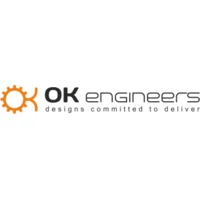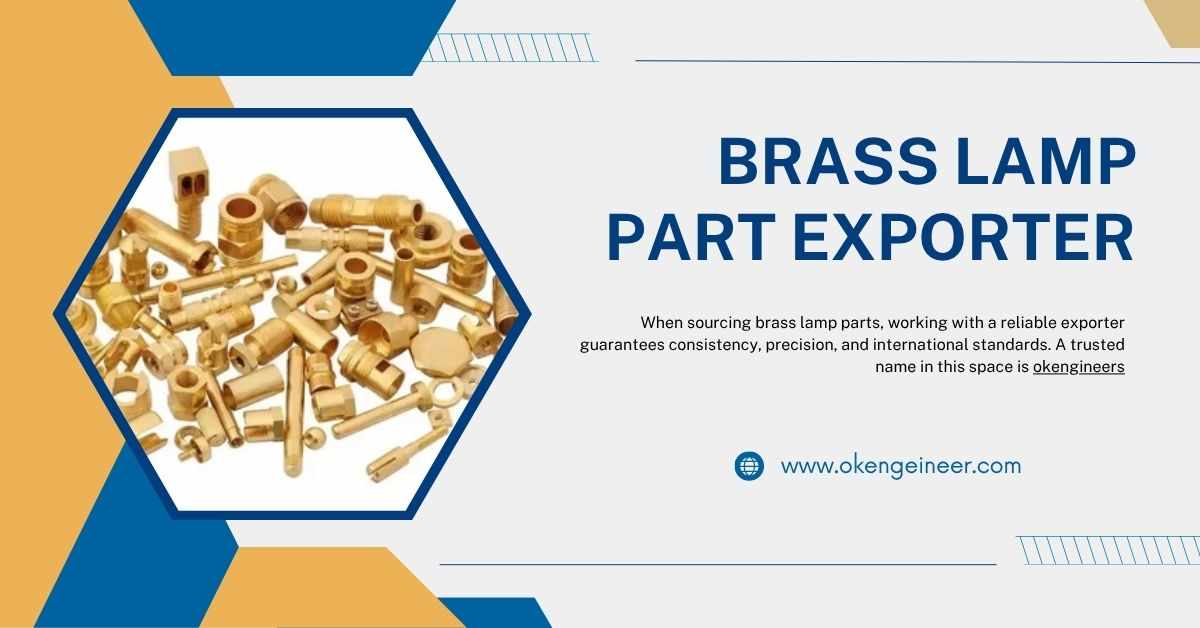
Introduction
Copper is a versatile material with excellent thermal and electrical conductivity, making it ideal for a wide range of industrial applications. From electrical components to mechanical parts, copper components are essential in various industries, driving efficiency and performance. In this blog, we will explore the significance of Copper Components, their applications, and how they contribute to enhanced performance in industrial settings.
Understanding Copper Components
Copper components refer to parts made from copper or copper alloys, which are designed to serve specific functions in different industrial environments. These components are known for their ability to conduct heat and electricity, resist corrosion, and offer long-lasting durability. Copper is commonly used in the manufacturing of electrical connectors, wiring, bus bars, heat exchangers, and more.
Copper components are widely utilized in industries such as electrical, automotive, aerospace, and construction, among others. The material's inherent properties make it a preferred choice for high-performance applications where reliability and efficiency are critical.
Key Advantages of Copper Components
Superior Conductivity: Copper is one of the best conductors of both heat and electricity. This makes copper components ideal for electrical systems, ensuring optimal performance and reducing the chances of overheating or energy loss.
Corrosion Resistance: Copper’s natural resistance to corrosion makes it highly durable, especially in environments exposed to moisture and chemicals. This is particularly advantageous for industrial components that are subject to harsh conditions.
Malleability and Ductility: Copper’s flexibility allows it to be easily shaped into various forms, making it suitable for a wide range of industrial applications. This malleability ensures that copper components can be tailored to meet specific design requirements.
Sustainability: Copper is 100% recyclable, making it an eco-friendly choice for industries focused on sustainability. Using copper components contributes to reducing the environmental impact of manufacturing processes.
Applications of Copper Components in Various Industries
Electrical Industry: Copper components play a vital role in the electrical industry due to their exceptional conductivity. Copper wiring, connectors, and bus bars are essential in power generation, transmission, and distribution systems. Additionally, copper components are used in circuit boards and other electrical systems that require high conductivity and reliability.
Automotive Industry: In the automotive sector, copper components are used in a variety of applications, including electrical systems, radiators, and brake lines. The material’s ability to withstand high temperatures and resist corrosion makes it perfect for automotive parts that are exposed to extreme conditions.
Aerospace Industry: Copper components are crucial in the aerospace industry due to their ability to perform under high stress and temperature variations. Copper alloys are used in various components, such as heat exchangers, connectors, and electrical systems that are integral to aircraft performance.
Construction Industry: Copper components, such as pipes and fittings, are used in plumbing and HVAC systems. Copper’s resistance to corrosion and microbial growth makes it a reliable choice for water and air systems in buildings.
Copper Components for Electrical Efficiency
Copper components are essential for improving the overall efficiency of electrical systems. The high conductivity of copper ensures that energy is transmitted without significant losses. This is particularly important in power generation and distribution systems, where efficiency directly impacts performance.
For example, copper wiring and connectors are often used in transformers, electrical panels, and circuit breakers. The use of copper components in these applications reduces the likelihood of power loss and ensures that electrical systems operate at peak performance.
Copper Components for Durability and Longevity
Durability is another critical aspect of copper components. Copper's resistance to corrosion and wear ensures that these components can withstand extreme conditions and continue to perform effectively over long periods. This is particularly important in industries like aerospace and automotive, where the reliability of components is paramount.
Copper components are also known for their ability to handle high temperatures without degrading. This makes copper alloys an ideal material for applications in engines, turbines, and other high-heat environments.
Challenges in Copper Component Manufacturing
While copper components offer numerous benefits, there are challenges associated with their manufacturing. One of the key challenges is the cost of raw copper material, which can fluctuate depending on market conditions. Additionally, the production of copper components requires precision machining and high-quality standards to ensure that the components meet the required specifications.
Another challenge is ensuring the sustainability of copper sourcing. With the increasing demand for copper in various industries, it is important for manufacturers to source copper responsibly and consider recycling options to reduce environmental impact.
Choosing the Right Copper Components Supplier
Selecting a reliable supplier of copper components is essential for ensuring the quality and performance of your industrial applications. The right supplier should offer high-quality copper components that meet industry standards and are tailored to your specific needs.
When choosing a supplier, consider factors such as the company’s experience, manufacturing capabilities, and commitment to sustainability. It’s also important to assess the supplier's ability to provide timely delivery and offer customer support for any technical issues that may arise.
Conclusion
Copper components play a vital role in enhancing the performance and reliability of industrial systems. Their superior conductivity, corrosion resistance, and durability make them indispensable in industries ranging from electrical to automotive and aerospace. By understanding the applications and benefits of copper components, businesses can make informed decisions to improve the efficiency and longevity of their operations. When selecting copper components, it’s important to choose high-quality, reliable suppliers that can meet your specific needs and contribute to your industrial success.



Write a comment ...